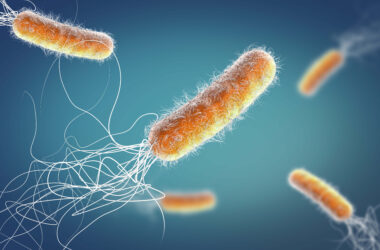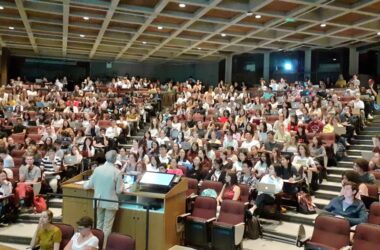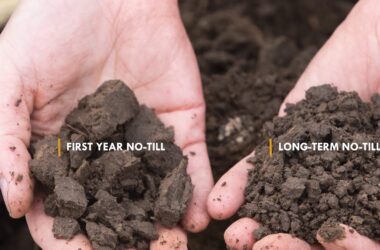Cyanobacterial toxins are amongst the most hazardous substances for humans. Their presence in drinking water due to cyanobacterial growth can result in undesirable health effects such as hay fever-like symptoms, skin rashes, respiratory and gastrointestinal distress, and even liver and kidney damage upon exposure. Therefore, there is an urgent need[Read More…]
Ask a Scientist
To cure the incurable: Stem cell transplantation process provides insight into potential HIV cure
Human Immunodeficiency Virus (HIV) is a viral infection characterized by its ability to harm white blood cells that are crucial for the immune response. This makes HIV patients very susceptible to slightly or moderately acute diseases (that would not normally pose a serious risk for healthy individuals) by diminishing their[Read More…]
P. aeruginosa: The culprit of lung infections in cystic fibrosis patients
Approximately 70 000 people worldwide live with cystic fibrosis (CF). Around 80 to 95 per cent of them fail to recover from lung infections, which can lead to rapid lung function decline and even death. Disturbingly, the standard treatment for lung infections fails in around one third of patients. In[Read More…]
The infinite potential of untangling quantum numbers
Over the last decade, thanks to developments in hardware and software technologies, computers can now tackle problems previously thought impossible. Computer chips are faster (in accordance with Moore’s Law) and developing fields like deep learning—a class of algorithms that use brain-inspired neural networks to process data—allow computers to more efficiently[Read More…]
Walking the academic tightrope
Canadians have been calling for reform in higher education for years because many feel that such institutions fail to effectively prepare students for the workforce. This isn’t the only issue on students’ minds though—the university’s priorities are, too. From recycled class lectures, rotating professors, and the struggles with contacting lecturers,[Read More…]
Combatting pseudoscience with reason and rationality
Albert Einstein once said that “two things are infinite: The Universe and human stupidity; and I’m not sure about the Universe.” Although a quick fact-check shows that the acclaimed physicist might not have actually said this, the essence of the statement remains clear—there are no limits to human folly. Pseudoscientific[Read More…]
Some stones are better left unturned
In recent decades, the many negative effects of tillage, the practice of turning over soil after harvesting crops, have become increasingly evident: It disrupts soil structure, accelerates soil erosion, and causes runoff of pesticides and fertilizer, damaging adjacent ecosystems. No-till farming, a practice that involves leaving the soil largely undisturbed,[Read More…]
Glycans: The key to better gut health
The gut microbiome has attracted a slew of research interest, leading to the discovery that a poor gut microbiome can cause various diseases, including Type 2 diabetes and cancer. More recent research has delved further into the negative health outcomes associated with a poor gut microbiome while proposing strategies to[Read More…]
Where nature meets technology: Machine learning as a tool for climate action
With the dangers of continued fossil fuel use and environmental mismanagement unfolding before our eyes in the form of intense heat waves, droughts, and wildfires, it’s obvious that dramatic, transformative action must be taken. Throughout the pessimistic debate about the effectiveness of climate change policy and methods of pollution mitigation,[Read More…]
Pushing back against anti-Blackness to improve health for all
In the realm of public health, researchers and health practitioners are reckoning with the pervasive anti-Blackness in the global health community and how it impacts the health policies, quality of care, and well-being of people around the world. In Fall 2022, Dr. Madhukar Pai, a professor at the McGill School[Read More…]














